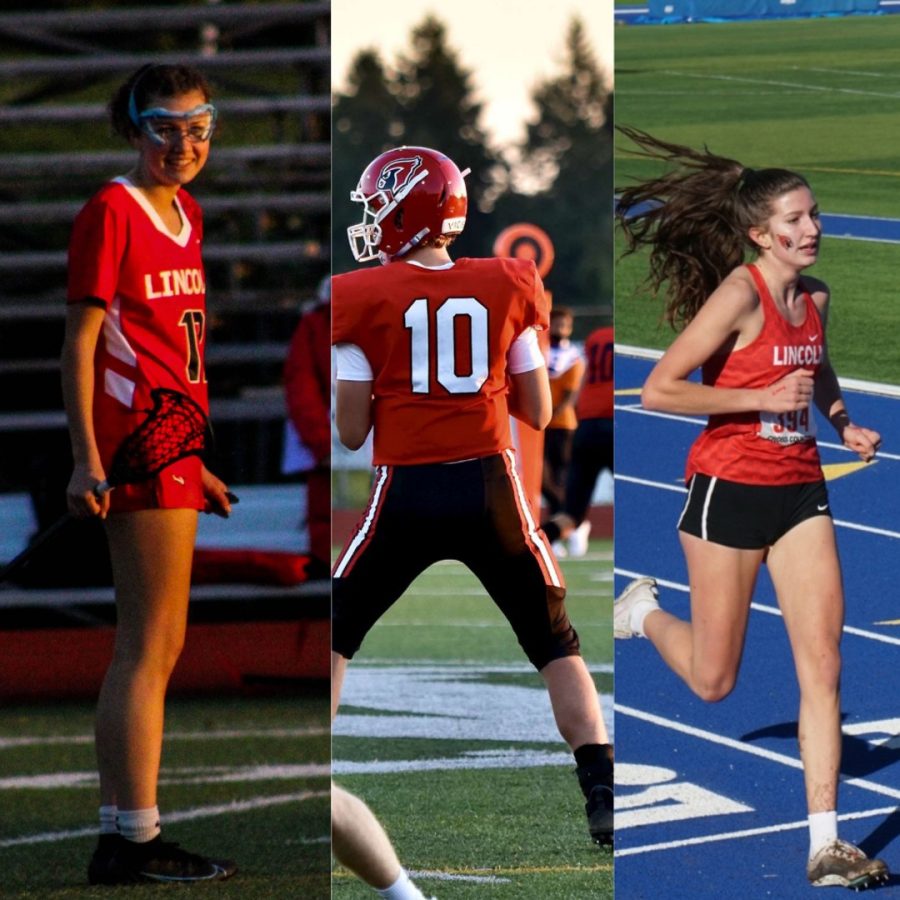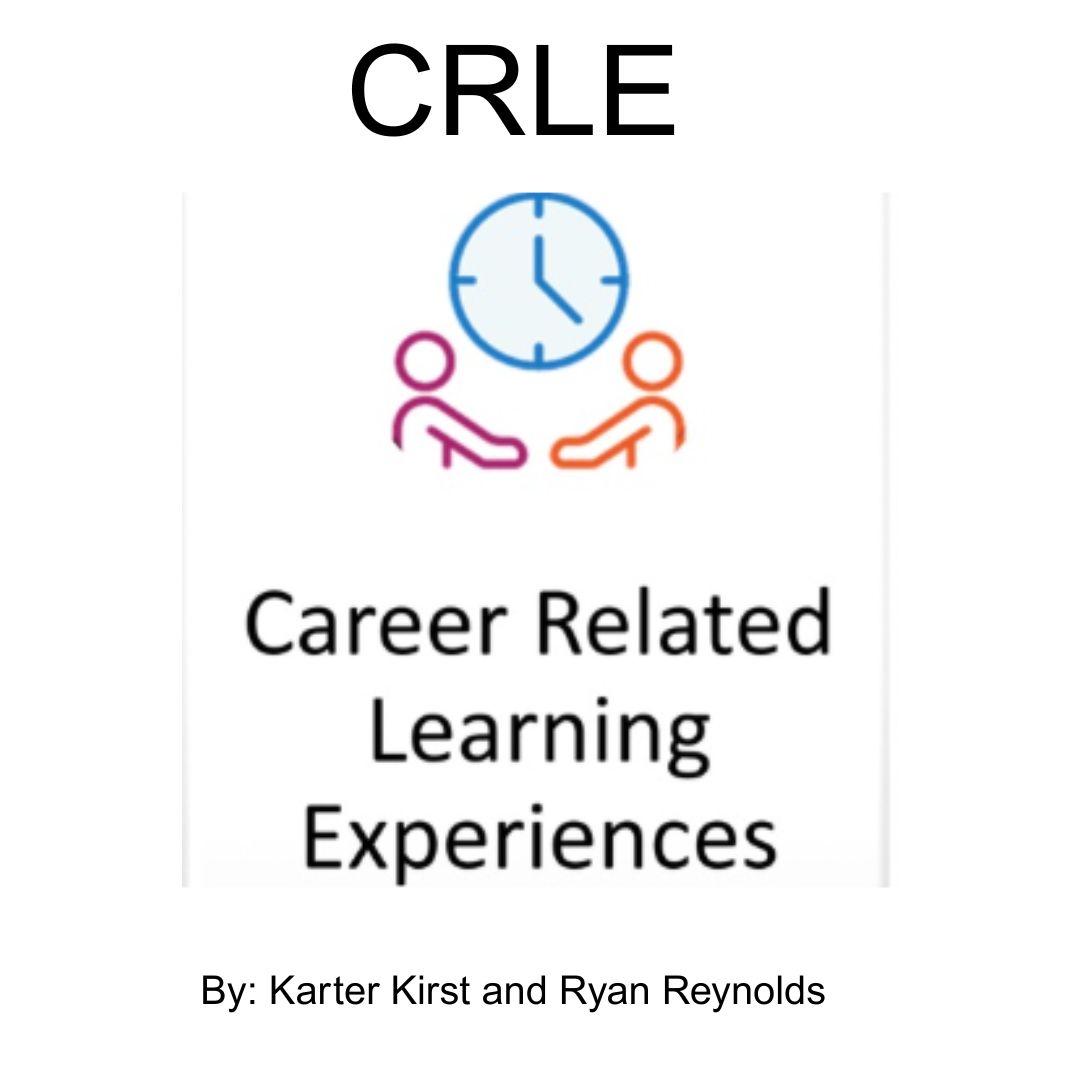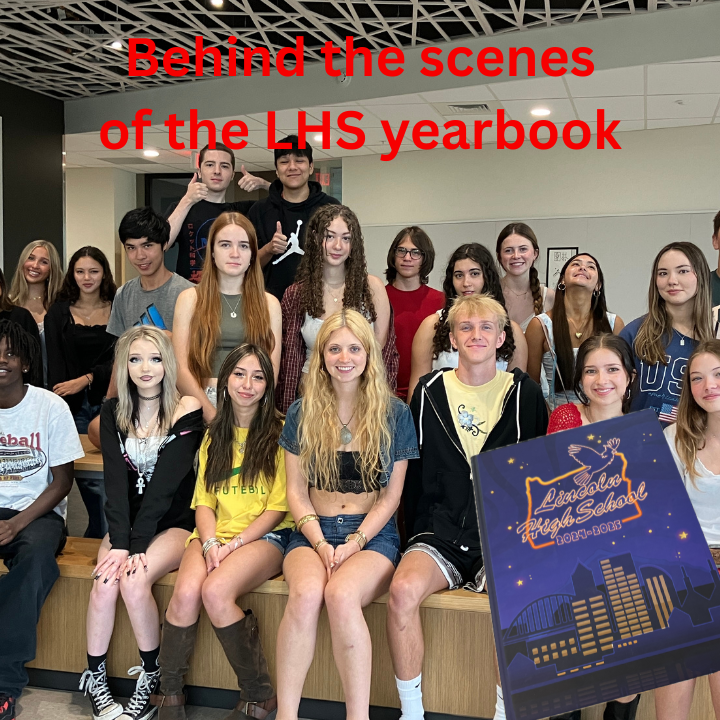Student athletes discuss recruitment
Keira Saavedra, Redding Longaker, Rowan Budlong, and Madeline Blount.
Eva Thomsen-Marr, Carson Wacker and Eva Novy-Hildesley, athletes striving to play collegiate athletics.
May 23, 2022
When Lincoln’s senior athletes gathered in the gym for decision day, their hard work was apparent. Their dedication extended beyond the high school season and proved useful in the process of recruitment at colleges around the United States.
Sophomore Eva Thomsen-Marr wants to continue playing lacrosse at the collegiate level. As a student-athlete, she has had to plan for her future since beginning of high school.
“You have to choose what level [of education] you want. If you want to play Division 3 (D3), you’re going to be able to do nursing programs. But if you want to do Division 1 (D1), a lot of D1 colleges won’t let you do that. So I think [your] major is the biggest [thing to consider],” Thomsen-Marr said.
Carson Wacker, a junior who wants to play college football, agrees with Thomsen-Marr.
“[Athletes] need to make more sacrifices with their time [compared to] people who don’t play sports,” Wacker said.
Student-athletes need to be intentional with how they allocate their time and present themselves if they want to compete at the collegiate level. Their time is spent being in communication with coaches, going on visits and appearing in showcases and tournaments.
Eva Novy-Hildesley, a junior and cross country and track runner, described the multi-step process of being recruited and finding the right school.
“Halfway through my junior year cross country season, [I was] emailing people and filling out recruiting forms… I’ve done some unofficial visits, and [am] in communication with coaches, updating them every couple of weeks and having Zoom meetings,” Novy-Hildesley said.
Novy-Hildesley says that in addition to getting coaches interested in recruitment, it is important for the athletes to get to know more about the colleges they might play for.
“It’s not just what school you want academically, but who are the coaches? Who are the people on the team? What’s the team dynamic?” Novy-Hildesley said.
The time spent in the gym, on the track or on the field, and the missed classes from early releases are all a part of the job for these athletes.
“I can’t really see myself not playing the sport and it’s just another thing that’s gonna make college a greater experience for me,” Thomsen-Marr said.
Being able to compete at the next level is a big reason for some of these athletes to go to college.
“I want to go to college so I can play sports because that’s what I love to do,” Wacker said.




